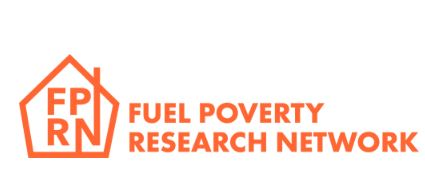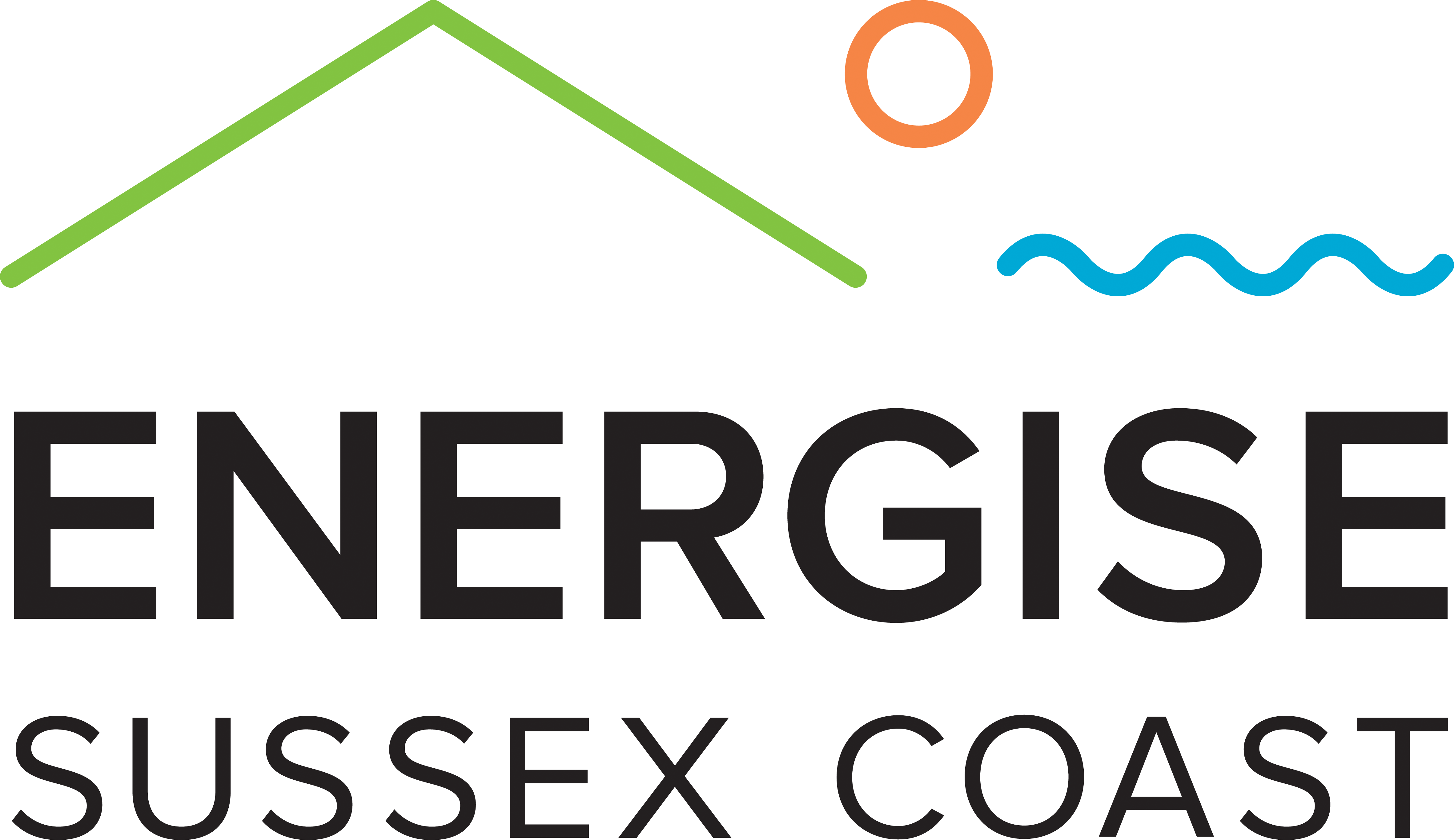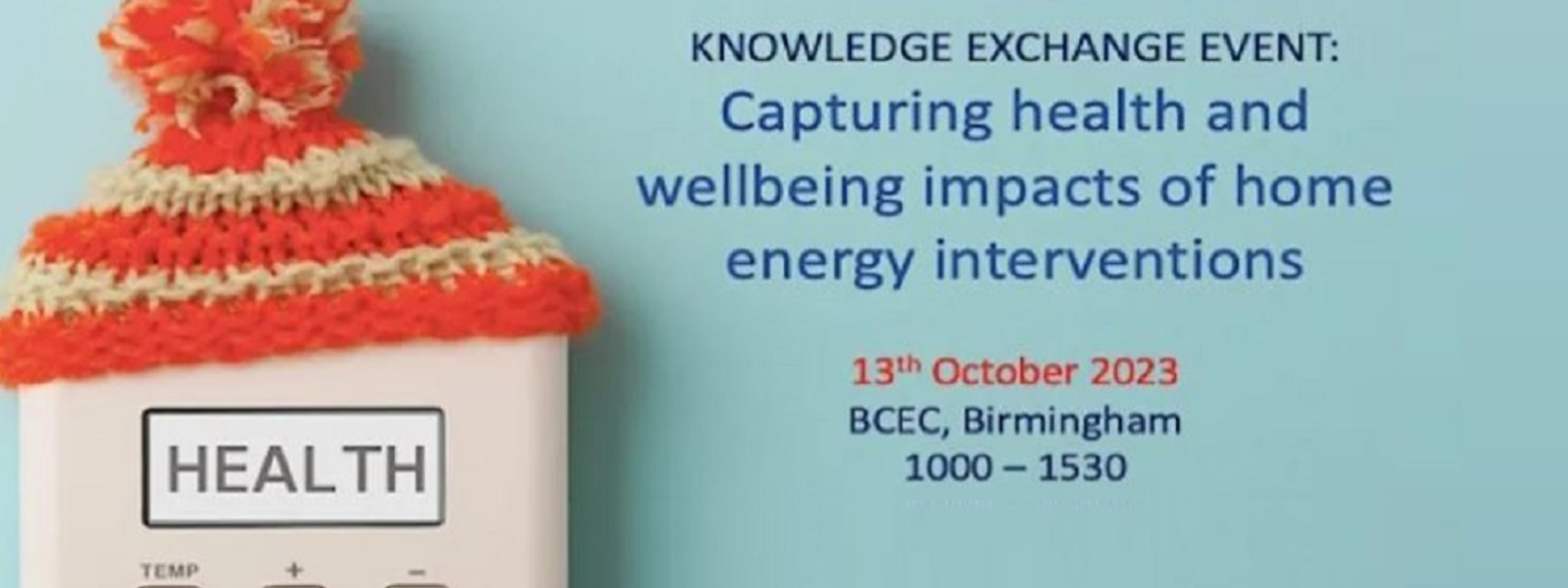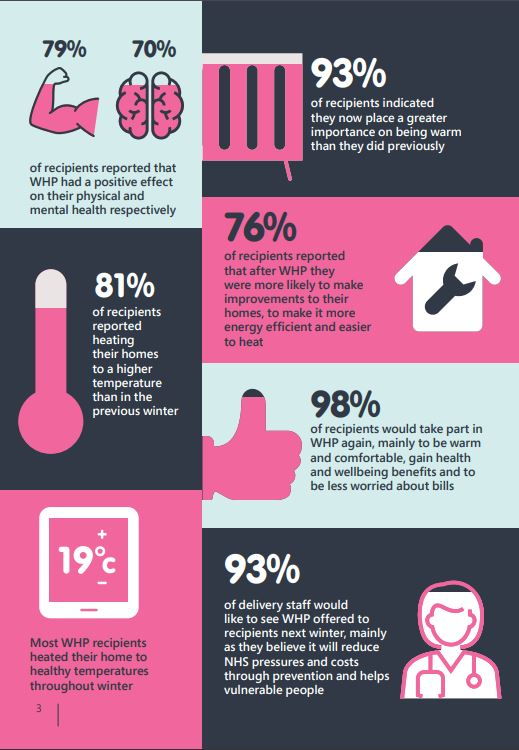On the 13th of October the Fuel Poverty Research Network, Energy Systems Catapult, and other partners held an in-person knowledge exchange event. The theme was health and wellbeing in relation to fuel poverty and home energy interventions.
This engaging event was designed as an ‘unconference’ to promote collaboration, interactivity and peer to peer learning. It was co-led by Professor Lucie Middlemiss from University of Leeds who chairs the Fair Energy Futures initiative as part of Energy Leeds. Lucie says: “We aimed to bring together researchers, policy-makers and practitioners and we were delighted with the result. We spent the day sharing evidence and experiences, identifying needs for more research, and thinking about how we can work together better. There is a real appetite for collaboration across the sector, and we hope to be able to continue to bring people together in future.”
Energise Sussex Coast, Sussex-based community benefit society with a dual focus on community renewable energy generation and tackling fuel poverty through its energy advice service was represented by one of its Non-Executive Directors, Kristina Sodomkova, an interdisciplinary researcher. Kristina says:
“Huge thank you to the organisers for hosting this inspiring knowledge exchange event. Listening to the presentations and speaking to other attendees throughout the day reaffirmed to me the importance of partnering between researchers and academia and community energy organisations and other NGOs offering energy advice. These local grassroots organisations have a critical role to play and do an incredible work reaching out to and supporting local communities impacted by fuel poverty. For Energise Sussex Coast this is manifested by the two awards it received this year: the Fuel Poverty Action Award by Community Energy England and the Regen’s Community Energy Initiative Award. However, unless this critical work is robustly captured and evaluated and turned into evidence to challenge current policies and status quo, it won’t result in much needed systemic change. This is where researchers and universities can help.”
Here are Kristina’s three highlights from the event:
1 – Use of healthcare data in fuel poverty alleviation
One of the presentations introduced the Warm Home Prescription project, a collaborative project initiated by Energy Systems Catapult and delivered with a range of partners including one community energy organisation, South East London Community Energy (SELCE). The rationale behind the project was NHS spending on treating people living in cold homes in England, totalling over £860million according to data by National Energy Action and Energy Action.
To address this issue, the ‘Warm Home Prescription’ (WHP) was trialled in 2022-23 to help low income and vulnerable individuals stay warm, well, and out of hospital through the winter months. The evaluation carried out by the Centre for Regional Economic and Social Research at Sheffield Hallam University, showed that for every £1 of expenditure, Warm Home Prescription supported £5.1 of wellbeing social value to patients whilst, for example, 81% of participants reported heating their homes to a higher temperature than in the previous winter.
Reflecting on this project from a perspective of a community energy organisation whose one main remit is energy advice service, this project and its results highlight the importance of being able to bring together healthcare and energy advice data to build a fuller picture of how energy advice and home energy interventions influence health outcomes and vice versa. Yet accessing individuals’ NHS data is difficult to do. This is something that participants at the event conceded to be a challenge, listing data protection as one key constraint. Building relationships with the healthcare sector is also key to success. Engaging with your healthcare stakeholders can be an important first step.
2 – Transport poverty: a new kid on the block?
The emerging concept of transport poverty and how it can intersect with fuel poverty as a ‘double energy vulnerability’ experienced by communities is an area being researched by academics at the University of Sussex.
Those seeking energy advice from Energise Sussex Coast come mainly from the urban conurbations of Eastbourne, St Leonards, and Hastings – which was described as the most deprived local authority in the South East in the Health in Coastal Communities (2021 report). The administrative boundaries of East Sussex also cover rural areas, traversing the High Weald Area of Outstanding National Beauty and South Downs National Park. The rural areas are traditionally poorly served by public transport. In the year 2022-2023 Energise Sussex Coast registered significant increase in the number of clients from rural areas seeking energy advice. Understanding their constraints and how these may relate to a lack of and/ or cost of transport is something that could be explored further. That said, in that same year 2022-23, 90% of the energy advice provided by Energise Sussex Coast was via telephone and via email, with only a small fraction of face to face appointments.
3 – From a local network as a lynchpin to an elephant in the room
On the practitioners’ side, I enjoyed meeting an attendee from Coventry. In this West Midlands city they are in the process of establishing a network of volunteers – energy champions, something that Energise Sussex Coast has already started to do. The success of fuel poverty alleviation activities appears to be associated with the formation of Coventry Poverty Alliance – an entity that brings together disparate and diverse stakeholders through a shared vision for tackling poverty in the city and performs critical functions of coordinating and convening the new network. The other piece of news was of Coventry City Council and E.ON, the energy provider, forming a strategic partnership, in a similar vein to the LEAP project in Bristol.
Our Coventry counterpart expressed interest in the dynamics between communities living in urban peripheries and those living in the city centre: with the former likely to experience both fuel and transport poverty as part of a phenomenon known as “the suburbanisation of poverty”. This context is different to the perceived distinct rural-urban divide we experience in East Sussex. But as sprawling towns such as Eastbourne continue to grow in size, urban peripheries may demand a closer look here in East Sussex too. Finally, we both agreed that the role of housing associations, to whom housing stock was transferred from local authorities in our respective geographical areas, was somewhat unclear and an elephant in the room, with none represented in the audience.
Acknowledgements:
Special thank you to those organising and co-leading this knowledge exchange event:
- Dr Nicola Willand, Senior Lecturer @ UMIT, Australia
- Dr Rose Chard, Fair Future Programme Lead @ Energy Systems Catapult, UK
- Professor Lucie Middlemiss, University of Leeds, UK
The Fuel Poverty Research Network (FPRN), brings together students, researchers, policymakers and other professionals concerned with fuel poverty. It supports the development of a vibrant community that gathers evidence, informs policy, and advocates for action to reduce levels of fuel poverty and support vulnerable people to move out of, or away from, fuel poverty.

The Energy Systems Catapult is an independent, not-for-profit centre of excellence that bridges the gap between industry, government, academia and research and set up to accelerate the transformation of the UK’s energy system and ensure UK businesses and consumers capture the opportunities of clean growth on the way to Net Zero.

Energise Sussex Coast is a Sussex-based community benefit society with a dual focus on community renewable energy generation and tackling fuel poverty through its energy advice service. A member of the sector body Community Energy England, it has been operating in East Sussex since 2012. In 2023 it was the recipient of two awards: the Fuel Poverty Action Award by Community Energy England and the Regen’s Community Energy Initiative Award.


